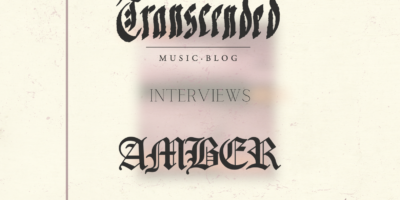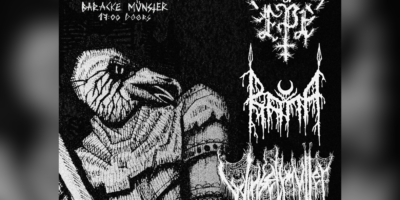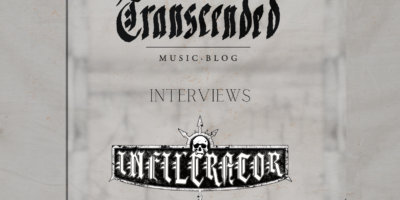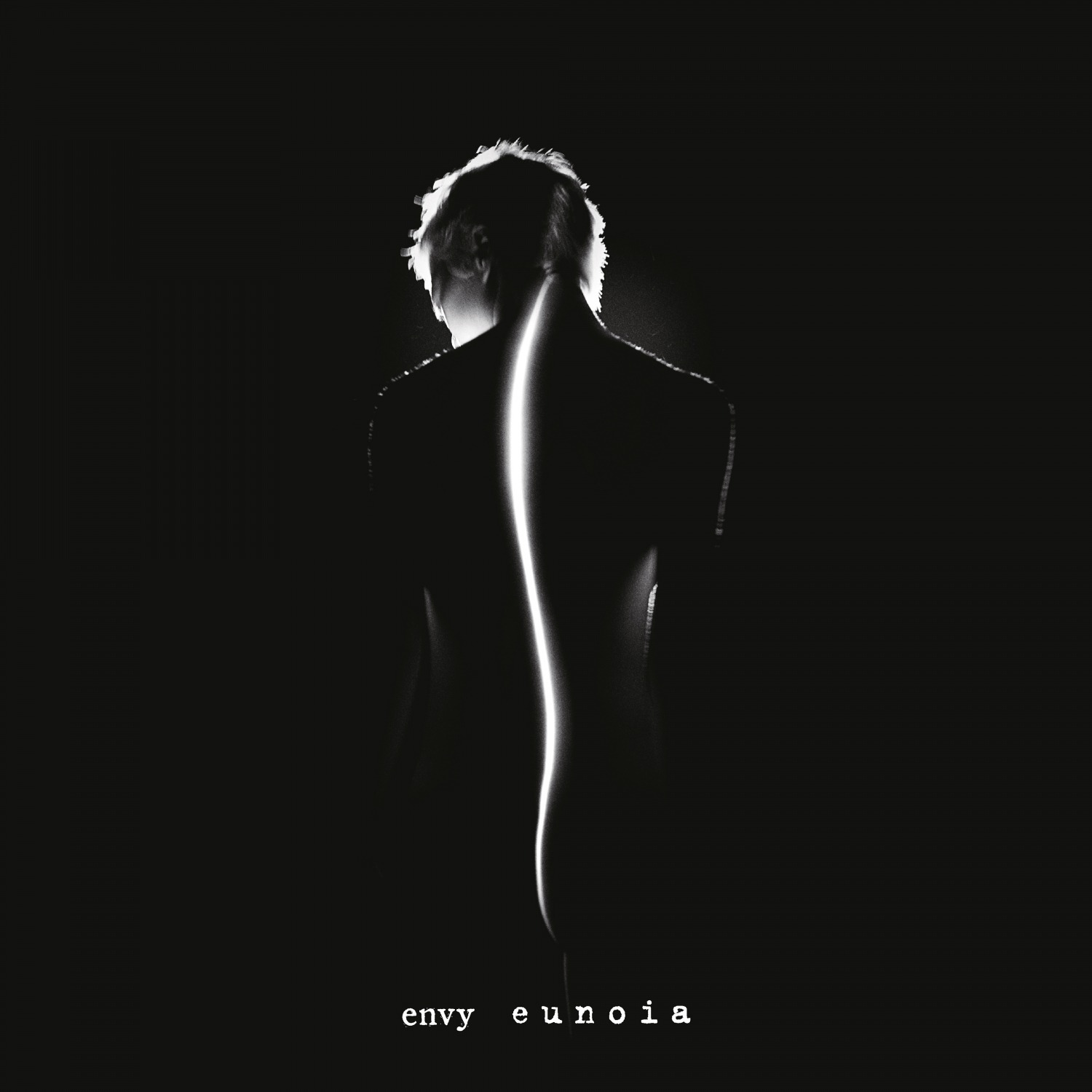Especially when regarding the Blackgaze and Post-Black Metal scenes, it is probably difficult to not come across Deafheaven being it the spotlight at least since their seminal record Sunbather. After their previous album Ordinary Corrupt Human Love came out three years ago, the band announced their upcoming release Infinite Granite and having listened into the first two single releases off this album pretty much showcased grave changes in the sound of the band. This is why we were keen on asking Deafheaven guitarist Shiv Mehra some questions about this promising, upcoming album that is set to be released in August.
Interview with Deafheaven
The first words sung on this record are „Nothing’s changing”, which somehow seems ironic since a lot has changed regarding your sound, label and recording.
I don’t think that was intentional but it really is quite ironic.
One of the biggest surprises surrounding the new album were the news that Justin Meldal Johnsen (JMJ) would be producing it. Could you tell us a little bit about how you became aware of him and why you chose him to produce your album?
We were definitely aware of Justin’s work, since we’ve grown up listening to his bands and productions. Kerry had tracked some guitar with him for another artists’ project and through that and a few other meetings, the door was opened for us to work together. It was an obvious choice, since he has such an expansive catalog and polished style of production.
What were the differences regarding the recording process when comparing JMJ and Jack Shirley?
Did those differences increase creativity and did you still record to tape in a live setting?
We actually had Justin and Jack working together during basic tracking. So, although they do come from different worlds, we found that their dynamic together worked well. And, we were able to benefit from their differences to pull elements in from both of their perspectives.
I think when you have very knowledgeable people collaborating together, creativity seems to flow naturally and abundantly. We did not track to tape this time, actually. We wanted a more hifi production sound.
Regarding the redesign of your logo, which almost has a certain 70s vibe in my opinion and the album cover, which seems to be dissolving, is there an overarching theme to the album and how does it correspond to the album cover?
It was an abstract concept. We talked about doing more of an overall mood vs something deeply lyrical. The idea for the album cover was about using a granular floating dense object. Nick Steinhardt used motion graphics to create an animation that was a series of dots responding to the wave forms of the album audio. He used a simulated long exposure while rotating the animation 360 degrees over the duration of the audio— similar to photographing the night sky.
As for the typography, the font nods to several eras. The language of 1980s synthesized new wave via the early experimental letter forms of viennese secession and San Francisco psychedelia through the lens of Crouwelian modular 1960s futurism.
The album art and typography correspond to ushering in the new era of the band bringing in textural layers, synths and a new sound.
Was there a sound-roadmap after Ordinary Corrupt Human Love was finished or was it some kind of spontaneous evolution in writing? Songs like „Night People” or „Near” could serve as a hint, but was this sound the intention from the beginning on?
We always have grand ideas for what we want to do, and share more ideas along the way. But the real roadmap doesn’t really come to fruition until we are in a room working together and our ideas blend and meld. This album expanded from our comfort zone toward the direction of our interests and tastes, which I find to be a natural evolution for us individually, and as a group.
On a personal level, I have always played in psych and Kraut rock style bands (Creepers/Heaven’s Club) so I identify with this sound more than ever before.
‘Near’ was the first song I’ve ever sang on for Deafheaven and it opened the door to cleaner vocals. Same goes for Night People. As that was George’s first clean vocal singing on a Deafheaven track. In a way, these songs led us to where we are now, even if unintentional, but really we just followed our inspiration and taste.
Some drum patterns on this album could also fit well on a Radiohead album („Lament for Wasps” has drums that remind me of the Radiohead song “Where I End and You Begin”), while some reference your old work (The rhythm of the verse of „In Blur” sounds like the drum part of „The Pecan Tree” around the 1:30 mark). Could you tell us something about your musical influences while writing the album?
When we were writing that part for Lament for Wasps, there was a faint inspiration from the drum part on Let Down by Radiohead., but Dan has his own style that is unique to him.
Since we all allowed our personal tastes and inspirations to move and shape this record, I think the musical influences were numerous for everyone.
For me personally, I felt inspired by bands like Radiohead, Spacemen 3, Spiritualized, Cluster, Eno, Slow Dive, M83, Caribou, Air, and Ethiopiques, and the list can go on.
Which genres or bands had an impact on you that would most probably not immediately be associated with your music?
Being from Africa myself, the Ethiopiques Complications were hugely impactful on me when writing the acoustic for our track Mombasa.
Did the whole Covid situation hinder or stimulate creativity? In what way did you have to change your way of recording?
I actually think being locked down stimulated creativity for us. With all the downtime at home, our home studios grew allowing us to bring more ideas to the table. And usually we are so busy on the road, we struggle to find time to focus our intent solely on writing. With the Covid situation and our tours being cancelled, we had nothing but time to meet up and write. Truthfully, it didn’t affect our way of recording much, aside from wearing masks.
The whole record feels very light and optimistic. Did you want to create some kind of counterweight to the negative situation of the global pandemic?
That was exactly the idea. When we began writing for this album, the future of the world as we knew it was unknown. State violence and inequality was apparent, protests were breaking out all over the country, and all we could funnel our angst and hope into was writing music together.






1 Pingback